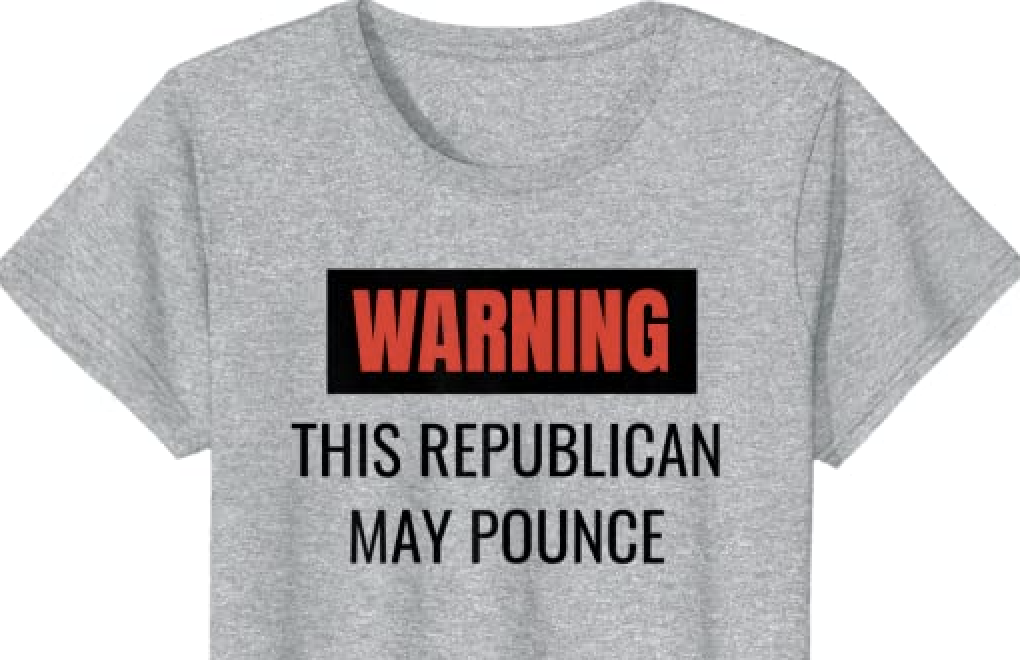By count of the Death with Dignity organization, which devised Oregon's pioneering 1997 law under which 1,905 lives have been ended as of January 22, 10 states plus the District of Columbia have legalized euthanasia and -- assignment editors note -- 14 more states are currently debating such proposals. Click here to check on the situation in each state.
To begin, writers dealing with this perennial and newly current issue should be aware of the verbal politics with what's variously known as "euthanasia" (from the Greek meaning "good death"), "the right to die," "death on demand," "assisted suicide," "physician-assisted suicide” or "mercy killing." The activists who use the “pro-choice” label dislike any blunt mention of "suicide" or "killing" and urge instead that we use "physician-assisted death," "aid in dying" or "death with dignity."
Coverage by some media outlets, to be blunt, replaces non-partisanship with cheerleading.
Britain's The Economist had this mid-November cover headline: "The welcome spread of the right to die." However, to its credit the news magazine's (paywalled) editorial and international survey did summarize problems and opposing arguments.
A November 16 New York Times roundup on U.S. action — “For Terminal Patients, the Barrier to Aid in Dying Can Be a State Line” — reported that in addition to states that may newly legislate death-by-choice, states that already permit it are weighing further liberalization such as ending in-state residency requirements, shortening or waiving waiting periods, dropping the mandate that only physicians handle cases, filing of one request rather than two or more and other steps to streamline the process.
Reporters can find non-religious arguments in favor from Death With Dignity, cited above. It also recommends procedures to avoid abuse of this right. On the con side, pleas and cautions can be obtained from various disability rights organizations (click here for information).
On that score, psychiatrist-turned-journalist Charles Krauthammer, a non-religious Jew, spent much of his adult life paralyzed from the waist down.










